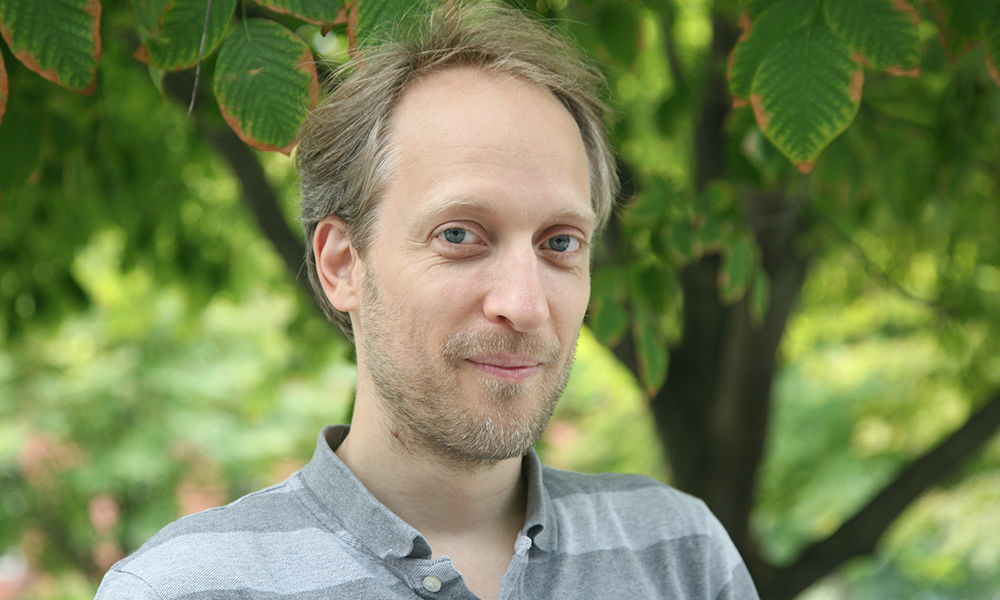MCB and Applied Physics faculty member Doeke Hekstra has been chosen to receive the NIH Director’s New Innovator Award, as part of the NIH’s High-Risk, High-Reward program. The award supports research led by “exceptionally creative early career investigators who propose innovative, high-impact projects.” Hekstra is one of 53 New Innovator Award recipients this year.
Established in 2007, NIH Director’s New Innovator Award supports early-career primary investigators who apply “outside of the box” approaches to biomedical questions, as part of the NIH Common Fund’s effort to support high-impact and interdisciplinary research. Funding from the award can cover up to 1.5 million dollars in research expenses over the course of five years.
“I’m humbled to receive the NIH Director’s New Innovator Award,” says Hekstra. “The encouraging, heart-warming words from the Program Officer and the reviewers were a shot in the arm at a time when this work is yet more ‘high risk.’”
The funding from the New Innovator Award will support the Hekstra Lab’s studies of proteins’ physical and mechanical properties. “Our vision is to be able to systematically map the effective physical and mechanical properties of proteins by electric-field-stimulated X-ray crystallography, by pushing and pulling on atoms and seeing their response,” Hekstra says. “Ultimately, we hope to understand how proteins work and how their evolution is shaped by their physics.”
Growing protein crystals, solving hardware problems, working with high-voltage electronics, and distinguishing signals from noise in the data sets are just a few of the required steps for this research. The NIH support will enable the lab to continue developing this time-intensive technique, Hekstra says.
“I’m super happy to hear this news, and Doeke deserves the honor,” says MCB Chair Sean Eddy. “Doeke’s new EF-X crystallography technique for studying the mechanical motions of proteins is exactly the kind of imaginative, original, and groundbreaking work that the New Innovator Award is designed to support.”
Hekstra adds, “I want to acknowledge all the support from the MCB, qBio, and SEAS community. Their passion, drive, and sense of community have pushed me forward. Most of all, I’m grateful to my lab. Their enthusiasm despite major roadblocks is a daily joy.”
Congratulations to Professor Hekstra!
by Diana Crow


